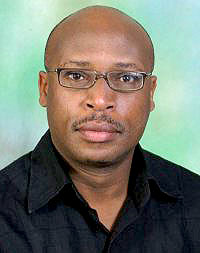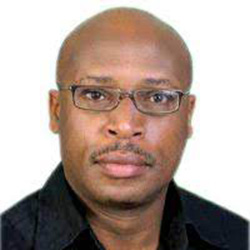A few home truths on human development in our region
THERE ARE some home truths on human development we should not forget even as we reflect on both the happy and unhappy goings-on in our region lately.

Gitura Mwaura

